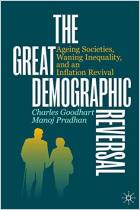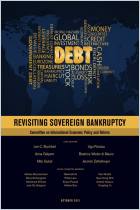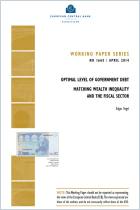
Read offline
résumé audio créé automatiquement
1×
Connectez-vous pour écouter un résumé audio.
résumé audio créé automatiquement
Recommendation
Long ago, Assyrian kings proclaimed “debt jubilees,” canceling all financial obligations, to ensure civil stability and rebalance gross economic inequalities. So would a debt jubilee today help address the growing concentration of wealth that threatens economic growth? Economists Michael Hudson and Charles Goodhart explore the possibilities in this contemplative essay that offers a fascinating history of debt annulment, as well as proposals for modern-day alternatives.
Summary
About the Authors
Michael Hudson and Charles Goodhart are professors of economics at the University of Missouri and the London School of Economics, respectively.




















Comment on this summary or Démarrer une discussion